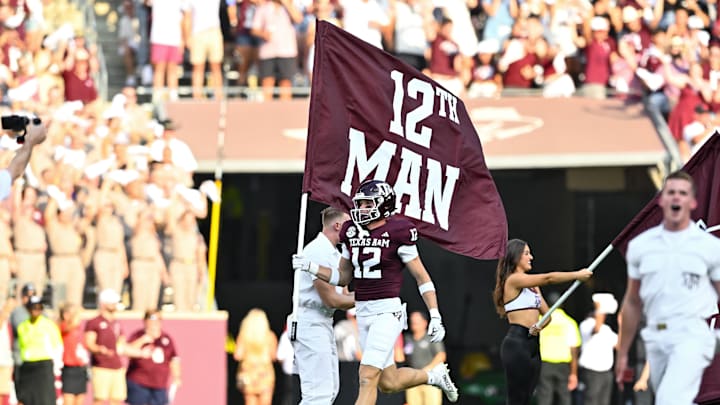The Texas A&M “Aggie Bonfire” collapse of 1999 that occurred on campus in College Station in 1999 ceased as an on-campus ritual the following year. The incident was a 59-foot high stack consisting of thousands of logs that collapsed during its construction, killing 12 and injuring 27.
What is the Texas A&M ‘Aggie Bonfire’ tradition and how did it start?
The tradition began in 1909 by the students of the Agricultural and Mechanical College of Texas to congratulate the football team on a recent win. The event evolved into a tradition centered around the Aggies’ annual rivalry game with the Texas Longhorns.
Eventually, the bonfire evolved into the largest in the world and according to www.tamug.edu, burned each year through 1998, with the exception of 1963.” In 1963, the Bonfire was built but halted due to the assassination of President John F. Kennedy.
The Bonfire had a few different homes, before arriving at its final one in 1992 at the Polo Fields.
Does the Aggie Bonfire tradition still exist?
While the “Aggie Bonfire” still exists off campus, but is no longer an on-campus tradition since the incident. Earlier this year, the Texas A&M University System Board of Regents was considering bringing the tradition back on campus after the fatal incident 25 years ago, but those have halted.
Why is the Aggie Bonfire not returning to campus?
According to The Texas Tribune in an article by Sneha Dey, “the Texas Tribune, regents and rivalry committee member John Bellinger wrote to families of the 1999 bonfire victims asking for input on the possibility of resuming the bonfire with oversight from the university’s administration.”
Texas A&M University President Mark Welsh confirmed however this past Tuesday that the tradition would not be brought back to campus in a communication on www.tamu.edu. Many wanted the bonfire to be constructed by civil engineering students as it was prior to the incident if it came back. However, the university opted to only bring back the tradition if it was built by hired professionals.
